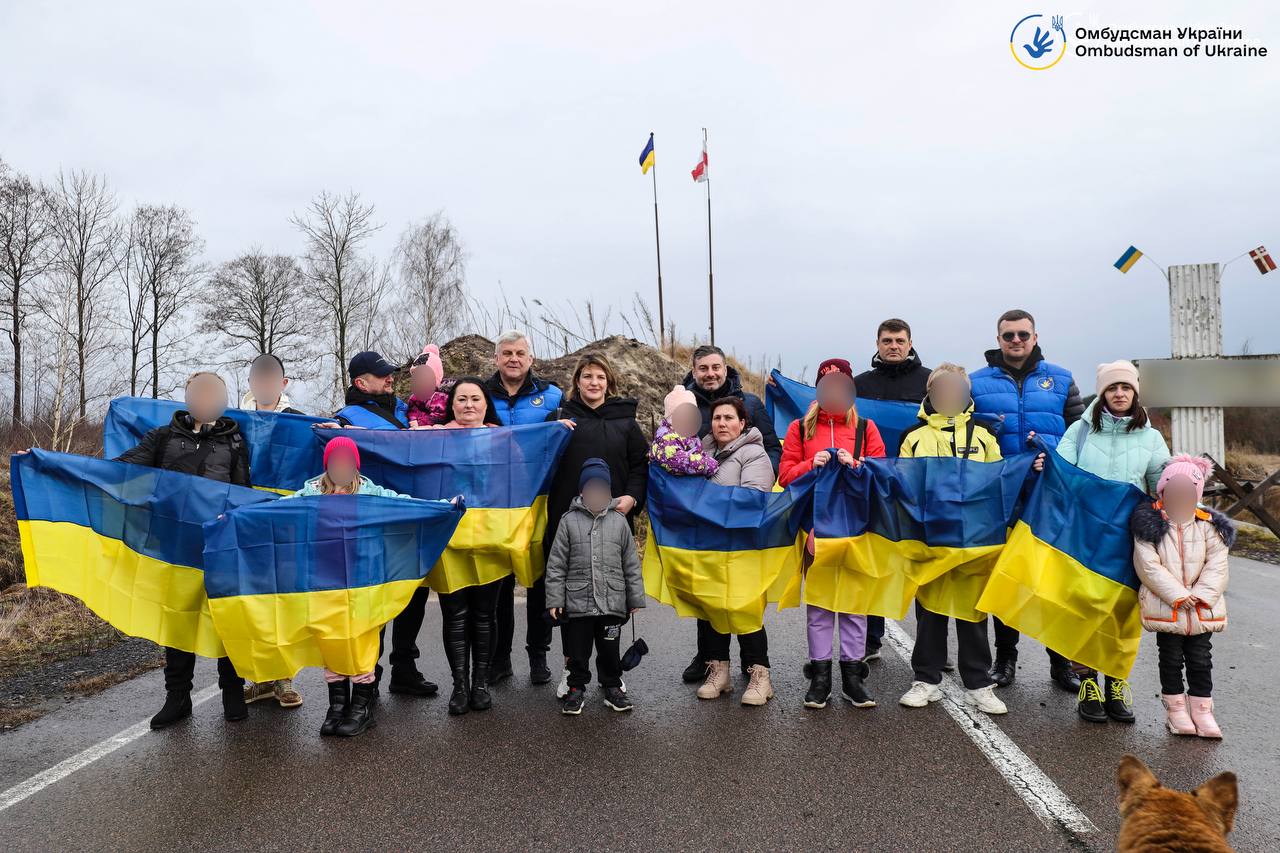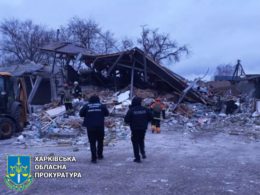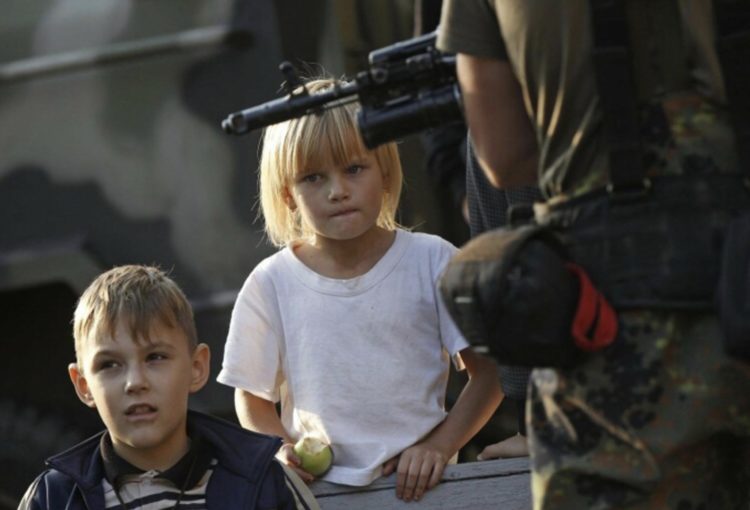Ukraine has successfully returned 11 children from Russia and Russia-occupated territories of Ukraine, Dmytro Lubinets, Ukrainian Human Rights Ombudsman, announced on 20 February, highlighting the collaborative effort behind this humanitarian achievement.
With the beginning of the Russian occupation of parts of Ukraine, many children remain separated from their close relatives who live in the government-controlled territory. Furthermore, Moscow has been relocating numerous Ukrainians to Russia, including a significant number of children, among whom orphans are frequently placed in foster care. In these instances, Russia often alters the children’s identities, complicating any future efforts to repatriate them.
The group of returned children includes six girls, among them two-year-old twin sisters, and five boys, with the youngest child being two years old and the oldest 16. The return operation required medical attention for two of the children, with one being unable to move and needing an ambulance upon arrival, Lubinets noted.
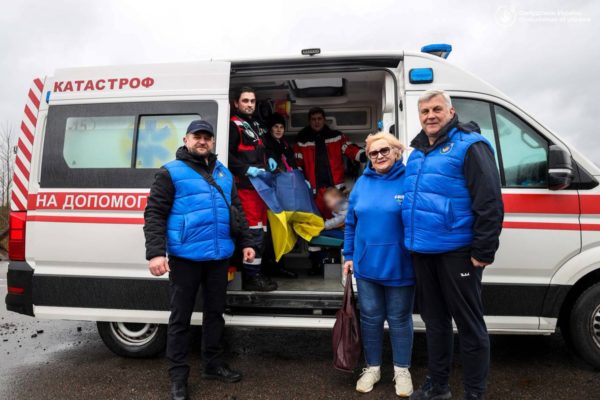
The successful repatriation was made possible through the intermediation of the State of Qatar and the support of UNICEF, along with the assistance of the State Border Guard Service of Ukraine. This return aligns with the ongoing efforts under the Bring Kids Back UA initiative, a plan of action approved by the President of Ukraine to reunite forcibly displaced and deported children with their families.
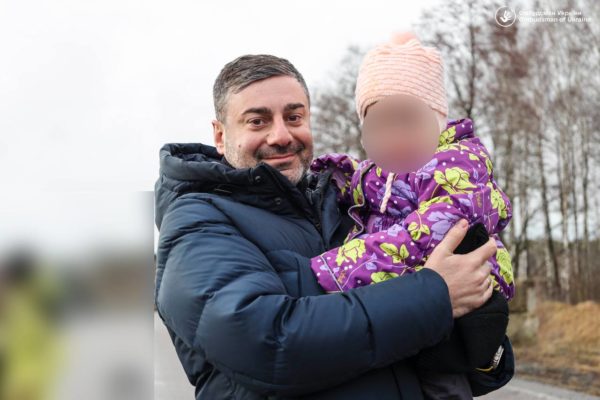
The Ombudsman's Office, in collaboration with other state authorities, has been instrumental in this process. The children's relatives had reached out to the institution seeking help to bring their loved ones back to their homeland. The Ambassador of Qatar to Ukraine, Hadi Al-Hajri, joined the Ombudsman's team in welcoming the children upon their return.
"Unfortunately, the fate of these children is tragic. They were forced to live through the occupation of their hometowns, bombings, and injuries, and even witnessed the death of their relatives. Some were forcibly passported by Russia and assigned 'guardians,'" Lubinets wrote.
Now safely back in Ukraine, the focus shifts to the children's rehabilitation and reintegration. "Our task is not only to manage the logistical and security aspects of their return but also to continue providing them with psychological and humanitarian support, involving our partners in this endeavor," Lubinets emphasized.

Russia is utilizing at least six methods to forcibly relocate Ukrainian children onto its territory, according to Daria Herasymchuk, Ukraine’s President’s Commissioner for Children’s Rights and Rehabilitation of Children.
One scheme of deportation involves establishing a fake medical diagnosis for a child to justify supposed “treatment” in Russia, Herasymchuk said. Additional scenarios include:
- killing parents and then deporting children;
- seizing minors directly from families;
- separating children during “filtration”;
- creating unlivable occupied zone conditions before proposing kids “vacation” in Russia without return;
- transferring entire Ukrainian institutions with children while barring their extraction.
According to Ukrainian authorities, Russia illegally deported nearly 20,000 children from Ukraine. Ukrainian human rights advocates say the number of children forcibly displaced from Ukraine is “hundreds of thousands.”
A new decree signed by Russian President Vladimir Putin on 4 January automatically grants citizenship to abducted Ukrainian orphans and unaccompanied minors, allowing heads of Russian organizations housing the children to initiate applications on their behalf.
Read also:
- EU allocates €83 million in humanitarian aid to Ukraine, Moldova
- Russian forces executed wounded Ukrainian soldiers in Avdiivka despite promise of evacuation, military confirms
- Kyiv Oblast sees 198 war-damaged schools and kindergartens restored

